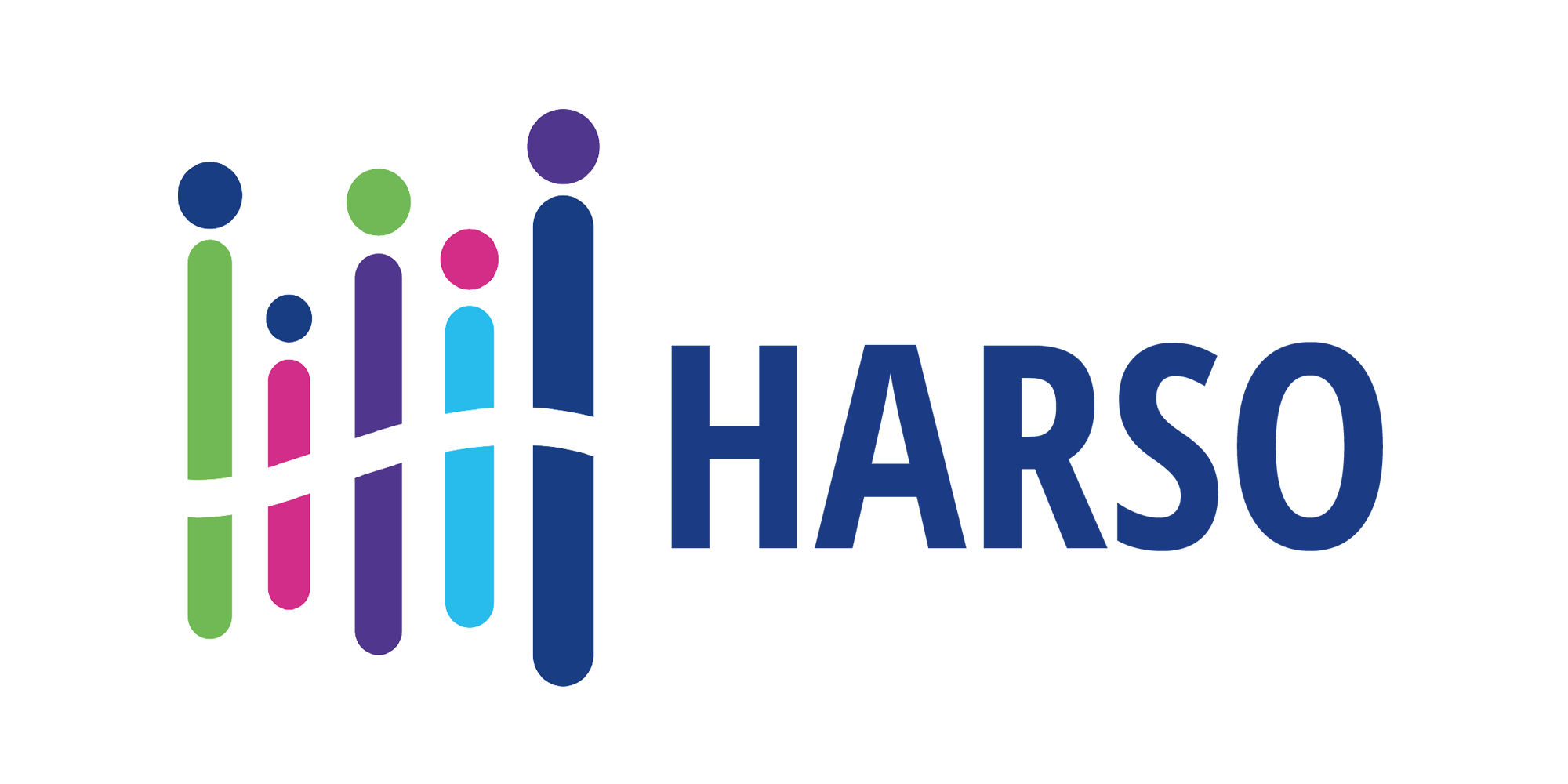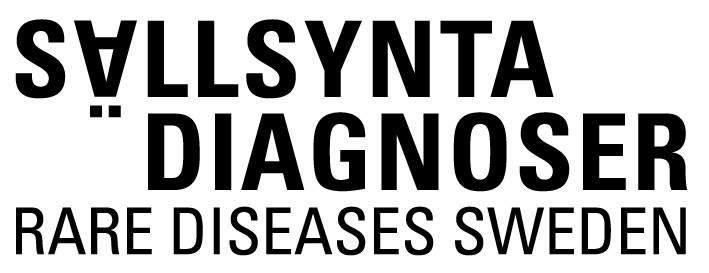
Denmark
Rare Diseases Denmark / Sjældne Diagnoser
Rare Diseases Denmark (Sjældne Diagnoser) is the Danish national alliance for rare patient associations. The Associations are mainly run through voluntary work by patients and their relatives. The work of Rare Diseases Denmark is based on volunteers and a small professional secretariat. Rare Diseases Denmark has an ambition to work for all PLWRDs, also those without a relevant patient association.
More about Rare Diseases Denmark may also be found in the phamflet Rare Diseases Denmark, in Danish: Phamflet Rare Diseases Denmark DK
For more information: sjaeldnediagnoser.dk

Finland
The Finnish Network for Rare Diseases
The Finnish Network for Rare Diseases consists of 20 independent, non-governmental organisations working for the interests of rare disease patients. The main goal of the network is to improve the conditions of people with a rare disease or disability by raising awareness and sharing information, and by influencing and co-operating with decision makers, professionals and experts nationally and internationally.
For more information: harvinaiset.fi

HARSO – The Finnish Alliance of Rare Diseases and Disabilities Organizations
HARSO is the first umbrella organization for rare disease and disability associations in Finland. We have been working for rare and disabled associations since 2012. HARSO is a known and recognized influencer in the field of rare diseases and disabilities in Finland, an umbrella organization founded and managed by associations for rare diseases. We are the only completely patient-led organization for rare diseases in Finland. At present, HARSO has 28 member associations.
For more information: harso.fi

Iceland
Einstok börn / Unique Children in Iceland
Einstök börn (Unique children) is an advocacy and support group in Iceland for children with rare diseases. The group was established in 1997 and has around 1400 members. The Icelandic population is small so there are only one or two children suffering from each rare disease. Today the group represents 700 families and around 480 diagnoses.
One of the group focuses on maintaining a good and prosperous relationship between parents and healthcare professionals to make them aware of the unique needs of these individuals within the healthcare system. The group wants to make sure people have access to understandable information about their diseases. They participate in gatherings and information sharing with similar societies worldwide. The group wants to make sure that people have access to understandable information about their disease and to raise awareness on rare disease outside of their society.
For more information: einstokborn.is

Norway
The Norwegian Federation of Organisations of Disabled People (FFO)
The Norwegian Federation of Organisations of Disabled People (FFO) was established in 1950. FFO is an umbrella including 84 member organisations. FFO does not have individual membership, but more than 335.000 persons are represented through our member organizations. Between 30 and 35 of our members are working with rare diseases.We are members of EURORDIS as Norway’s national alliance for rare diseases. We are also represented in Nordic network for rare diseases (NNRD) and in SBONN.
Most of FFO’s work is related to politics & policy work. We have regular meetings with the Government, Parliament and directorates on a wide range of topics covering health, labor politics, education, accessibility, human rights, rare diseases and much more. In addition to policy work, FFO organize meetings & events and create arenas where our member organizations can discuss and collaborate on common areas of interest. We are also represented in other arenas like research projects and contribute in educational events and seminars.
In the area of rare diseases, our work is focused around national and international policy work incl. national strategy on rare diseases and equal access to treatment and social services. We are hosting annual events connected to rare diseases incl. Rare Disease Day-conference and Smågruppeforum (forum for patient organizations with less than 1000 members) and other educational activities. We also do patient involvement and we’re collaborating closely with the National Advisory Unit on Rare Disorders (NKSD) covering nine rare disease centres of expertises, incl. Frambu, TRS, TAKO-centre.
For more information: ffo.no

Sweden
Rare diseases Sweden / Sällsynta Diagnoser
Rare diseases Sweden is a national association representing 68 rare diseases patient organizations with together about 15 900 members (in February 2020). We are the voice of people affected by rare diseases in Sweden.
Rare Diseases Sweden was founded in 1998 and has steadily grown in size and success, making rare diseases increasingly known. We initiated the very first Rare Disease Day on the leap day 29 February 2008, a day that is now celebrated in almost 100 different countries. We are also one of the initiators of the Centers of Rare Diseases present at university hospitals across Sweden. We work diligently to spread awareness, influence political decision making and improve healthcare for people living with rare diseases.
Collectively, as one united voice, we will have a greater impact on society and we will be able to improve the quality of life for individuals living with a rare disease and their families. Rare Diseases Sweden works continuously to influence politicians, healthcare providers, and stakeholders in an effort to promote a well-functioning healthcare system for rare diseases.
We are convinced that a well-functioning health care system is of prime importance to our members and an effective advocacy is the basis for receiving balanced support from government and society. Our main mission is to push for the further development of centers of expertise with focused and coordinated specialist care for rare diseases.
For more information: sallsyntadiagnoser.se
